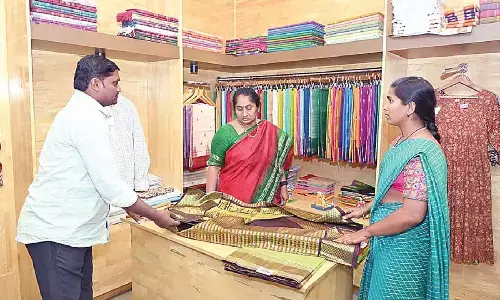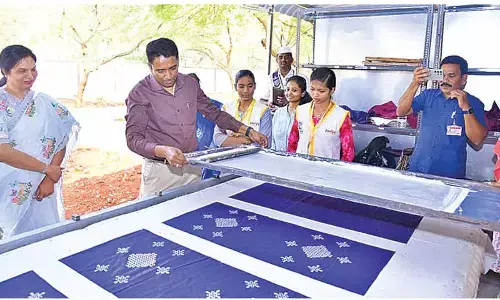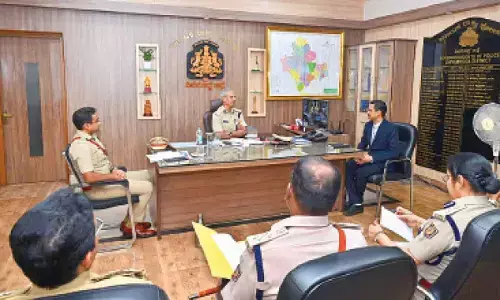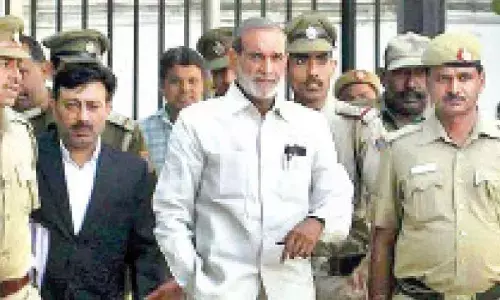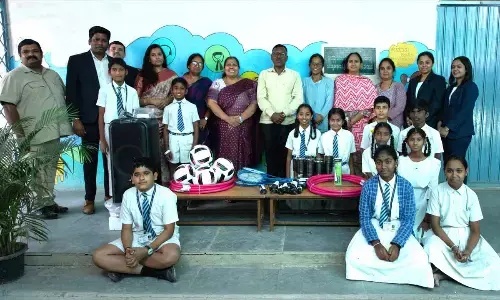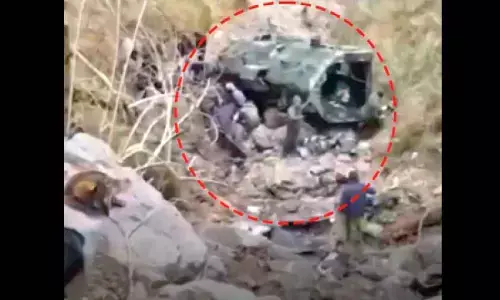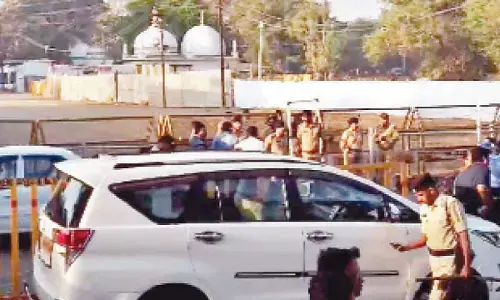We want to help kindle space interest in children
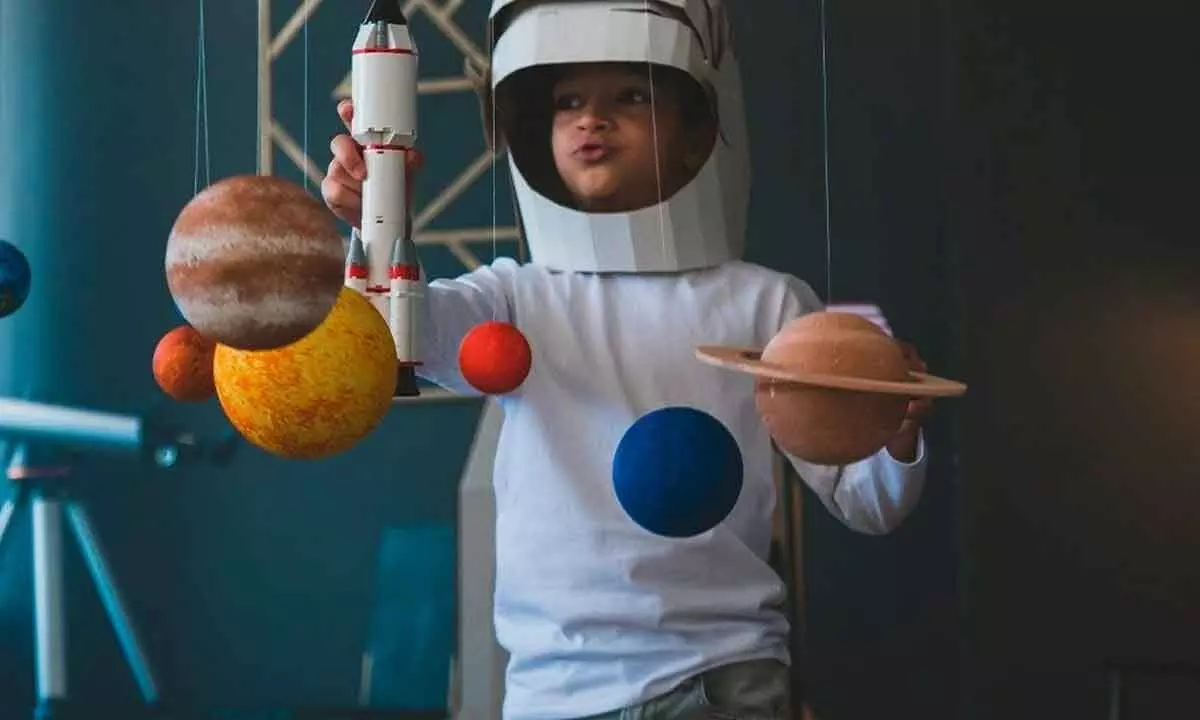
The Martin Foundation, which in association with Dr APJ Abdul Kalam International Foundation, Kalpakam Atomic Research Centre, and Space Zone of India recenly launched satellites made by school children from across the country, said that it want to arouse interest for space science in children from government schools and tribal backgrounds.
On February 19, a total of 150 satellites were launched on a rocket as part of APJ Abdul Kalam Satellite Launch Vehicle Mission 2023.
In an exlusive interview, Martin Foundation Managing Director Jose Charles Martin said the foundation is excited to be part of this novel initiative and is looking forward to more such projects that help kindle the interest for space science in school chidlren.
Excerpts from the interview
What prompted Martin Foundation to be part of the space initiative?
Martin Foundation was inspired by the potential of space exploration that benefits humanity, and our local school communities and embraced the opportunity to get involved in the space initiative. Through its financial support and commitment to research, the foundation has become a major collaborator in small new-age satellite missions in the last few years.
The foundation's goals of equality also include advancing knowledge in space exploration, developing new technologies to make space education more feasible, and fostering collaboration between professionals in the same field. We are grateful to Dr. APJ Abdul Kalam International Foundation and Space Zone India for the success of this rocket launch and their vast enthusiasm for the space movement in India.
After the Satellite launch, you've commented that more such initiatives are in the pipeline, please explain.
Martin Foundation has always been a big believer in innovation and progress for everyone. So after witnessing firsthand the success of the rocket launch and the glimmering happiness it brought to the students and teachers who have participated throughout the year in this programme, I understand the potential of such space initiatives.
I believe space missions like this will definitely advance our society in the right direction, creating a better future for generations to come. So the possibilities are endless and we aim to be part of this progress.
What was the feeling after the Satellites were launched?
It is something that cannot be described. To see the smiles on students' faces who worked on this project for many months and to see their dreams come true is definitely a beautiful experience. We were all on the edge of our seats and rolled out the countdown together. The cheerful atmosphere is something I cannot forget and I thank every single person and human ingenuity for making this moment possible.
Q: You have said that such an initiative would lead to more and more students getting hooked to Space. Please explain.
Over 2,500 students from government, tribal and public schools across the country became part of a team that designed and constructed a student satellite launch vehicle (rocket) mission that contained a payload of 150 PICO satellite research experiment cubes. Isn't that just exciting to be part of! I believe Martin Foundation's role in this space initiative is to ensure that the students goals of the space exploration movement are met and that the potential of space exploration is realised.
The successful launch of this rocket is a testament to the hard work of each and every student, teacher, and mentor and an optimistic sign of great things to come. I had the privilege to meet and learn from the students who had participated in the virtual training classes about the satellite launch. They gleefully mentioned how seeing a rocket being launched with the satellite equipment that they had designed and developed has naturally amplified their space curiosity and they plan to pursue STEM courses and take Indian Space Research to the next level.
India is fast developing into a country that will offer satellite launches to other countries and the private sector is being encouraged in this area. Are you planning any such ventures?
The history of Indian Space Research dates back many centuries. And to honour and be a small part of this space quest is something I'm excited about. Our goal is to create space awareness in each and every village of our nation and give equal access to tribal, government, and private school students to learn and hone their skills in space exploration. After the huge milestone achieved in Tamil Nadu and seeing the space enthusiasm shared by children, and teachers across our country, we're happy to be part of this momentous journey of satellite technology and the scientific advancements it brings forth.








